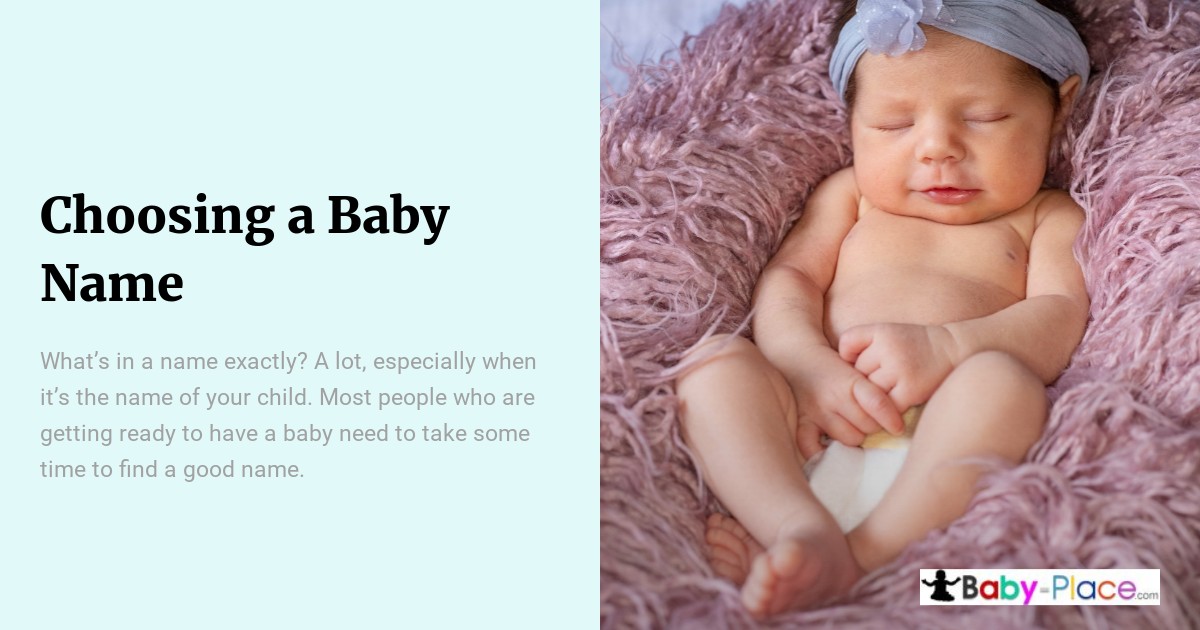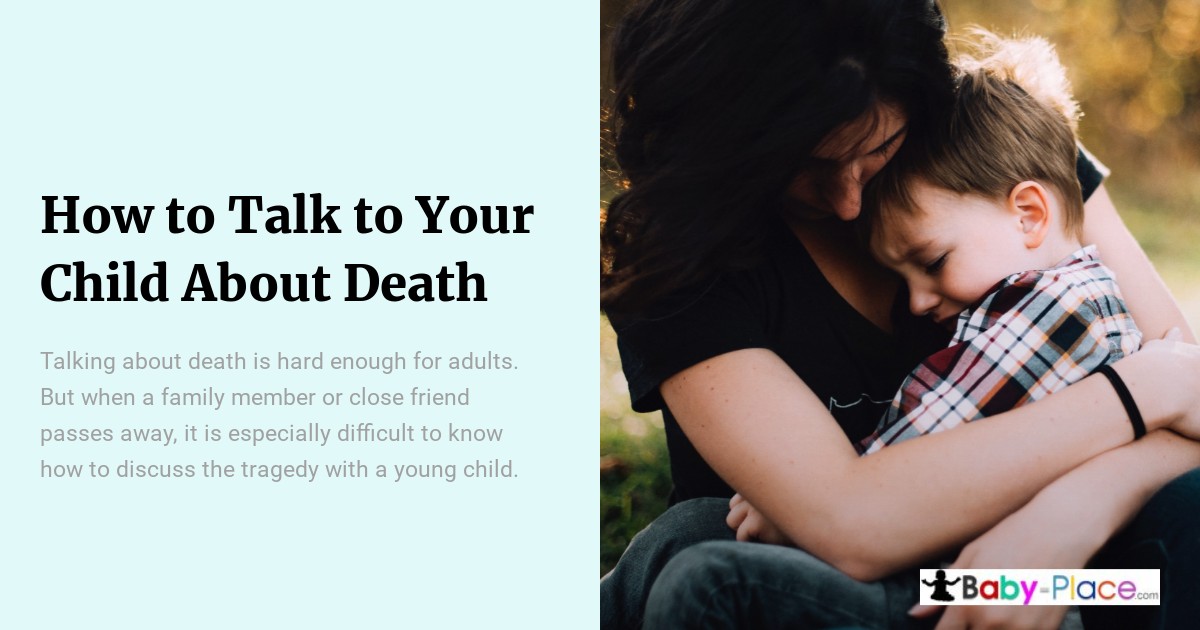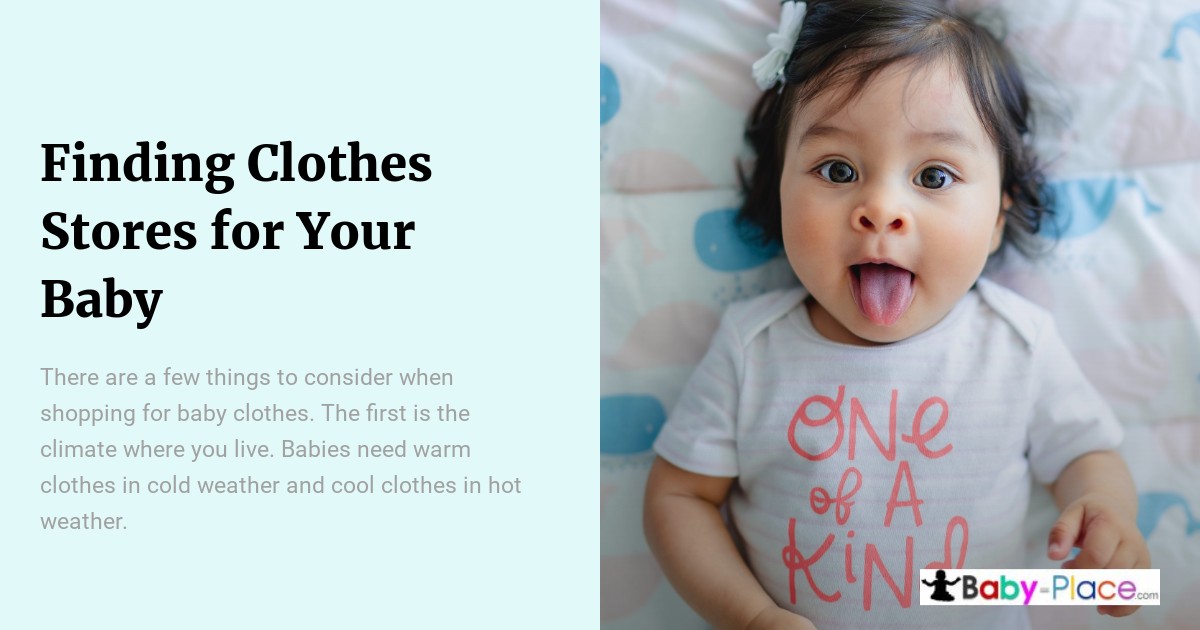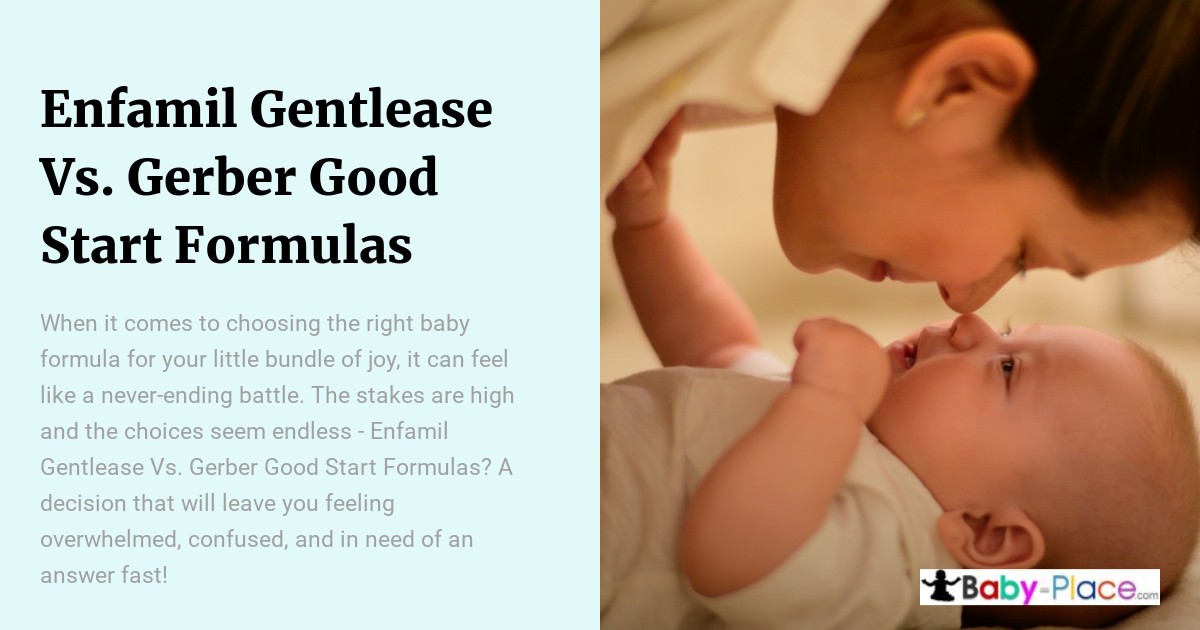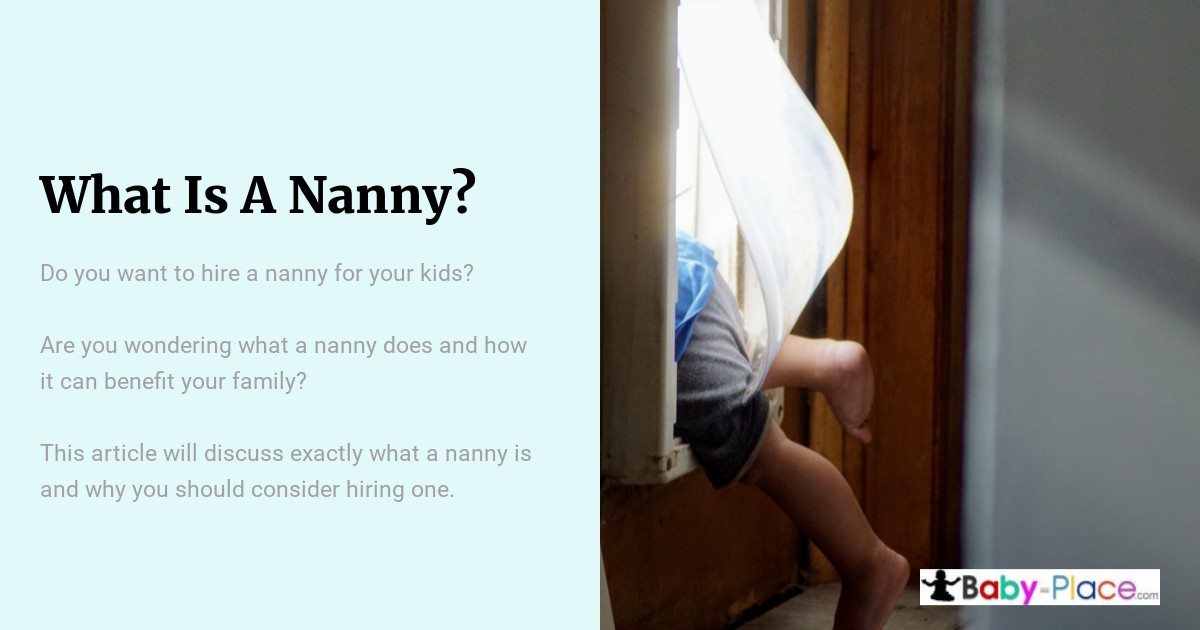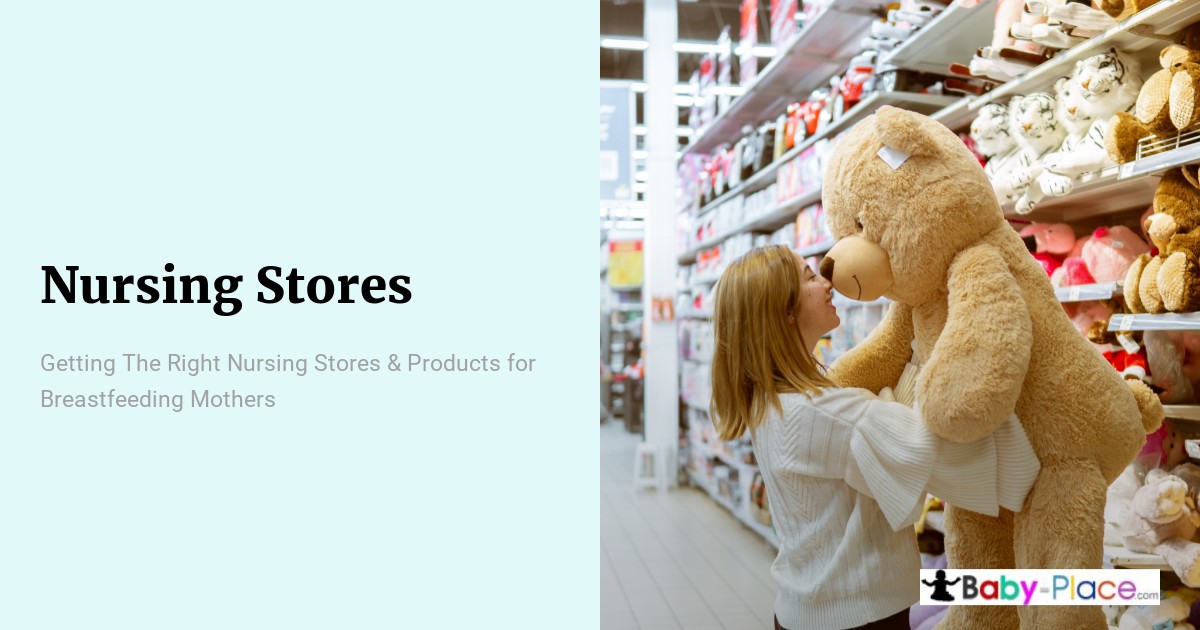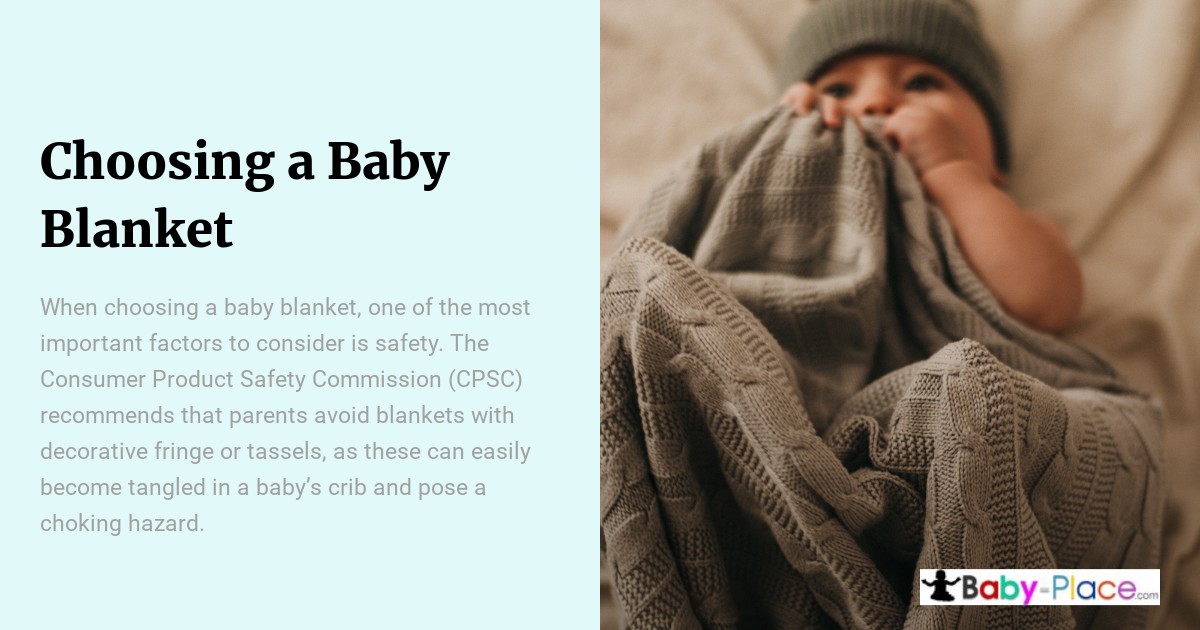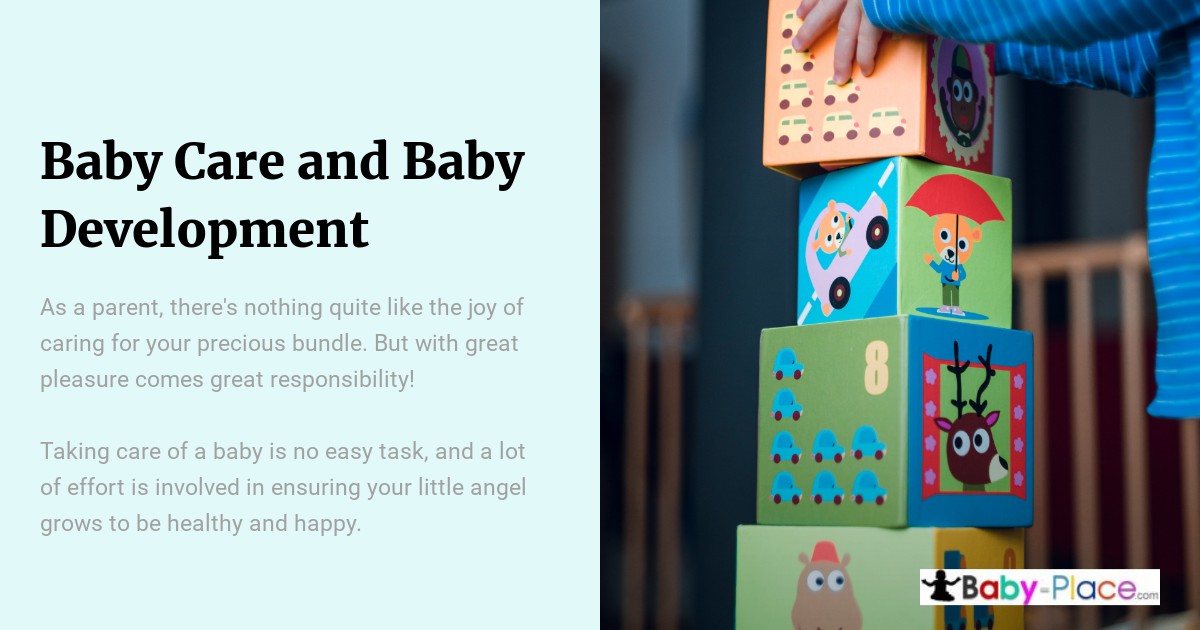What’s in a name, exactly?
A lot, especially when it’s the name of your child.
Most people ready to have a baby need to take time to find a good name.
There are many aspects to choosing a baby name and settling on a name can seem like a never-ending process. However, while no one can choose a perfect name, a simple framework can help you navigate the naming process and end up with a name you and your baby will find meaningful.
Choosing Baby Names

You may already have lists of girl names, boy names, and gender-neutral options by the time you’re expecting, but not everyone does. Some people start from scratch and may even wait until the baby is born to choose a name.
Many parents, however, begin with a specific category in mind. These are a few categories to consider to understand how to start developing a list of names.
Family Names
Many families follow the tradition of naming their children after relatives. This could be the name of the grandparents, aunts, uncles, or distant relatives.
When choosing a family name, you may want to consider how they would feel about sharing their name. If the person is still alive, have a conversation and talk about the potential of naming the baby after them.
Most people feel this is special, but not in all cases. Some families have the tradition of having the same middle name or other traditions. You don’t have to stick with these, but they can be meaningful.
Cultural or Ethnic Names
Does your family have a rich cultural or ethnic tradition you want to keep alive? Keeping these names alive can be meaningful for many families, especially ones that celebrate their history.
Take a look back into your culture and note any names that stand out to you. For example, if your family is French, you may want to look into French names.
This can be meaningful for many people, although you may also have to consider if the name is easy to read and pronounce in the place where you are now living.
Names from Pop Culture
How often have you listened to a piece of music or watched a favorite movie and realized that you loved the name of the artist, actor, or character?
It may be surprising to some when they learn that some pop culture icons you love also have lovely names.
This can be a meaningful way to name your child, especially when the person they’re being named for profoundly affects society.
For example, naming a child after a beloved musician can be a way to share your love of music with the child.
Religious Names
Many religions have names that are meaningful to them.
For example, a parent could name their child Noah after the Noah mentioned in the Bible.
Another example is that Mohammed is an extremely popular name for the firstborn son in Islam.
In most religious traditions, some names are meaningful and special. Of course, these names are not just religious and may be used by secular people. However, families with a strong tie to their faith can be a special place to search for a baby name.
Choosing a Middle Name
You don’t have to give your child a middle name. However, many families prefer to provide one for their babies. The good news about choosing a middle name is that it’s usually less stressful.
The middle name does have a few practical uses. For parents giving their child a family name that may also be shared by someone else in the family, a middle name helps provide the child with a separate identity.
For example, cousins with the same common first name of “John” might be distinguished better by their middle names. A middle name is also a good place to hide a family name you may choose out of obligation.
Middle names don’t have to have a tremendous amount of significance, though. They can also be enjoyable. The middle name can be more creative or unique if you choose a more formal first name.
The middle name could be more traditional if you’re also choosing a very unusual first name. Many couples decide that the middle name is an excellent place to put a safety or fallback name for their child. This allows the child to use their middle name later in life if they don’t love their first name.
Finally, if you choose a more gender-neutral first name for your child, a gender-specific middle name could benefit. It simply provides kids with options as they grow.
Birth Certificates and Legal Issues
A birth certificate is a legal document issued for every live birth in the United States and many other countries. The physician, parents, or birthing center staff typically fill out and submit the paperwork.
The time that you have to complete the paperwork can vary. Parents often are asked to decide on their baby’s name before leaving the hospital. This doesn’t happen in every area. Check with a birth certificate clerk at a local hospital about the laws.
Some countries have laws about what you can and cannot name your baby, although the United States has fewer rules. The name laws in the US are typically used for practical reasons. In France, for example, you need to choose from a list of names.
If you’re choosing a reasonably typical name, you shouldn’t expect any problems. You might only run into problems if you plan to use a picture or a symbol in your child’s name.
Questions to Ask
Before deciding on a name, look at your top choice and ask this series of questions. If you can’t answer them, it may be best to choose another name. However, if you see that the name passes this simple test, you know you’ve got a potential winner.
1. Does the baby’s name allow for growth?
While naming a baby, remember that the name will stick with that child much past the baby stage.
Some names may seem cute for babies, but you can’t picture them as adults. Since most of your child’s life will be spent as an adult, picture how the name would appear on a job application.
Choosing an official first name to fit through adulthood may seem challenging. However, many parents decide on a name and then use a nickname while they are young.
2. How popular is the name?
If you have a common name, then you know it’s not necessarily bad, but it can be frustrating. The Social Security Administration lists the most common names, and you can review this list to see where your name stands.
Don’t get too hung up on popular names, though. For example, Emma was the most popular name for girls in 2018, but it only was given to 1% of new baby girls.
These names are also typically easy to pronounce, so your child won’t have trouble with people mispronouncing their names. This isn’t a strong point, but it may be a factor if you want a less common name.
3. How important is uniqueness with baby names?
Some parents strongly prefer their baby to have a unique name. Once again, it helps to check on the SSA name list to see where your top choices rank.
When it comes to a unique approach, you may want to try it out first.
One simple test is to go to a coffee shop and give the barista the name of your choice.
How does it sound when they call it out?
Did they spell it correctly on the cup?
Getting a feel for the name is easy to discover if your child may have difficulties in life with a name being too different. Once again, this may not be as important, but it can be a factor to consider.
4. How important is it to use a family name?
Some families have a tradition of naming babies after their relatives. This can be a beautiful homage to a favorite grandparent or other relatives. Giving your child the name of a family member isn’t required but can be considered.
The only downside is that it may be challenging to choose just one. Some families may disagree on choosing from the husband’s or wife’s side.
If you select a family member namesake, make your decision and stick with your guns but be prepared for some pushback.
5. Do you like all of the potential nicknames?
Unfortunately, while many of us don’t like nicknames, they are a part of life.
Do you like the name Madeline but hate the nickname Maddie?
When researching baby names, make sure that you also look up nicknames. You can guide family and friends not to use nicknames, but this can be challenging in the long run.
We all tend to create or use nicknames, especially for names that may be longer or more complicated. Suppose you don’t mind the nickname, no problem. If you do, you may want to avoid using that name for your child.
6. Are you and your partner in agreement on a baby name?
It’s always challenging to find a name you like, but even harder to find one you and your partner love. It is essential to be on the same page, though, when it comes to naming the family’s newest member.
If you’re having trouble finding a name, then consider a compromise. For example, parents with multiple babies can switch when naming subsequent children.
Or, one parent can choose the first name while the other selects the middle. Make sure you have this discussion early on to have plenty of time to iron out the details.
7. Would you want the name that you’re choosing?
If you wouldn’t want the name you’ll give your child, it may be better not to use it. Remember that a name that doesn’t fit you isn’t necessarily bad, but ask yourself why you wouldn’t want it.
Then, thinking through why having that name for yourself would or wouldn’t be a good idea can better understand whether you should choose it for your dear offspring.
Dealing with Family and Friends
As the child’s parents, you have the final say in your child’s name. You may end up with a name loved by family and friends or one they don’t care to have. Getting advice is up to you but remember that it may not always be pleasant.
Sometimes, the family can be pushy about a name or find reasons why they don’t care for the name that you choose. They may pressure you to change the name, so be prepared for this.
If you worry about the approval of others, then it may be best to keep the name to yourself and only announce it after the baby is born.
Once the name is on the birth certificate, most people know it’s much more difficult to change it, and they may be less likely to share negative opinions.
Choosing Your Baby’s Name
Finally, remember that choosing your baby’s name can be a wonderful part of having a child.
With several options available, review what names are meaningful and important to you.
Develop a list of potential names using this framework, then narrow it down until you find the one that fits your child.

